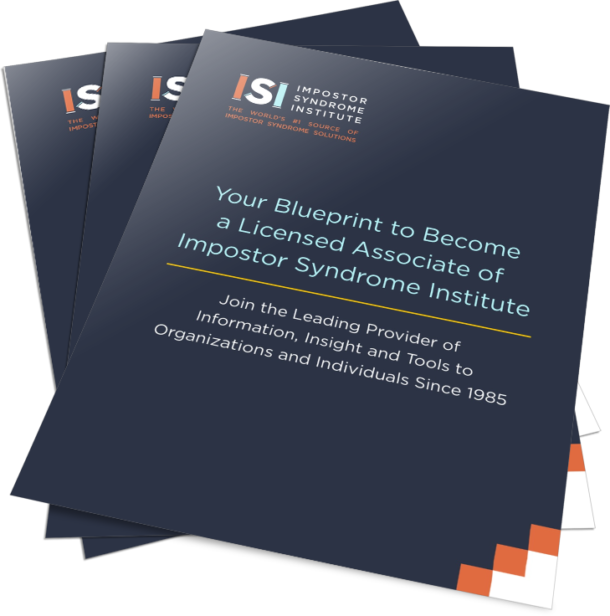CAN MEN FEEL LIKE IMPOSTERS?
When psychologists first began to study the impostor phenomenon, they suspected it was something experienced primarily by women. That’s proven not to be the case. In fact, it is one of the few psychological issues initially thought to affect primarily women that later was determined to relate to both genders.
Men are attending my seminars in roughly equal numbers.
I’ve heard from or worked with countless men who suffer terribly from their fraud fears, including a member of the Canadian mounted police, an attorney who’d argued before the Supreme Court, a corporate CEO, a professor who won the McArthur “Genius” Award, and an entire team of aerospace engineers, one of whom spoke of the “sheer terror” he feels when handed a major assignment.
Starting out I spoke primarily to women. Why? Because that’s who invited me to speak.
Today I speak to men and women from such diverse organizations as IBM, P&G, Boeing, Facebook, Northwest Mutual Life Insurance, Alliaz and many more.
Partly this reflects the increased willingness of men to talk about impostor feelings — something you see more and more among millennials.
But, partly it reflects a growing awareness that the costs of impostor syndrome extend beyond the individual. That organizations also pay a price when bright people play small, procrastinate, become workaholics or engage in other protecting mechanisms “impostors” use to cope with the anxiety of waiting for the other shoe to drop.
Which means, leaders of both genders need to understand how to manage, mentor, or support their employees, peers, or students who struggle with impostor feelings.
This of course begs the question, if men identify with the impostor syndrome too, why is my book aimed primarily at women?
It’s a legitimate question and frankly one I struggled with. Despite the title, you will find male voices reflected in the book.
However, for reasons the book makes clear, women as a group continue to be both more susceptible to impostor feelings and held back by them more as well.
The next obvious question is: Can men who experience the impostor syndrome benefit from a book called The Secret Thoughts of Successful Women? (A horrible title I fought against).
In a word absolutely!
All the more so if you are a man of color, sprang from working-class roots, work alone, are an immigrant or are working or studying in another country, have an obvious disability or identify with any of the other “at-risk” groups I talk about in this book.
Similarly, if you know, teach, manage, mentor, parent, or coach a male or groups of males who are susceptible to the impostor syndrome, you will gain greatly from the book as well.

